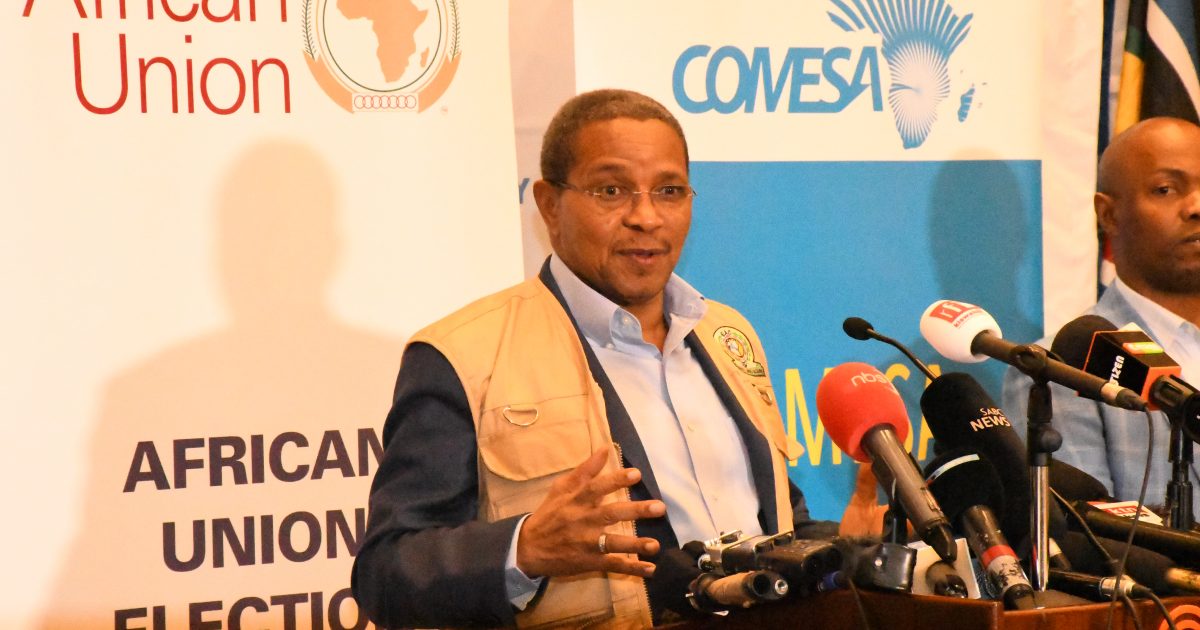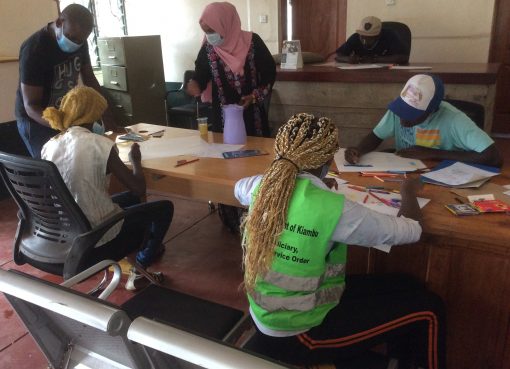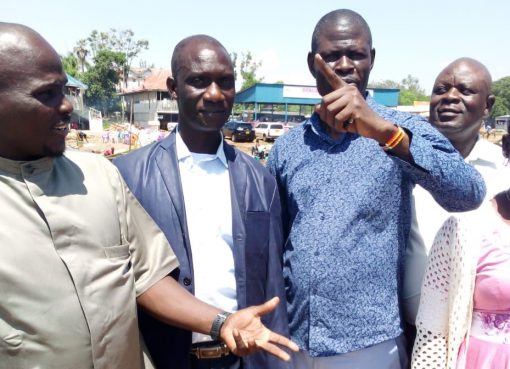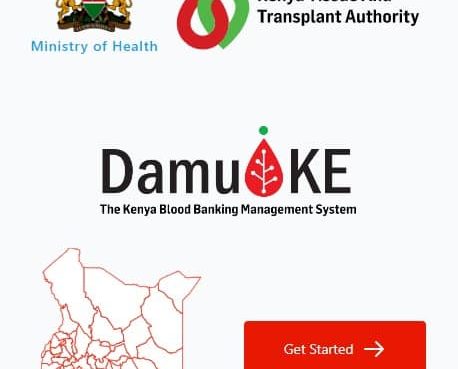Election observer bodies drawn from across Africa have commended the Independent Electoral and Boundaries Commission (IEBC) for conducting the Election in professional manner on Election Day and subsequent transmission of results especially in the presidential contest.
The East African Community (EAC) Election Observation Mission (EOM) leader and former Tanzanian President Jakaya Kikwete commended the IEBC for the use of technology in voter registration, identification and transmission of results, which he said improved efficiency, and increased transparency of the election process in Kenya.
Kikwete highlighted a few technical hitches with the KIEMS kits and recommended that the problems should be identified and corrective measures taken for better performance in future elections.
Addressing the media in a Nairobi hotel on Thursday, Kikwete said that they deployed 16 teams in 27 counties in the Nairobi, Central, Nyanza, Eastern, Rift Valley and Coastal regions who on the polling day observed elections in 218 polling stations.
Kikwete said that the EAC-EOM is satisfied with the way the 2022 Kenyan General Election was undertaken on polling day adding that voters were given the opportunity to elect leaders of their choice.
“The security personnel were present in the polling stations and they were professional in exercising their duties and they did not interfere with the electoral process nor intimidate voters and we therefore commend the National Police Service for a job well done and urge them to continue the same even after the elections,” said Kikwete.
Kikwete said that the polling officials displayed high level of competence and professionalism and commended the IEBC for selection and training of poll officials and involving young people and singling out the high number of young women.
“We hope the subsequent processes will respect, uphold and reflect the will of the people of Kenya in the 2022 General Election,” said Kikwete. He called on Kenyans to continue exercising peace even after the election results are announced.
“We implore all of you to embrace peaceful resolution of disputes that may arise from the electoral process. There is also the opportunity to use the courts of law, so please make use of these avenues,” Kikwete reiterated.
African Union (AU) and the Common Market for Eastern and Southern Africa (COMESA) Election Observer Mission led by Dr. Ernest Bai Koroma, former president of the republic of Sierra Leone noted that there was a notable improvement in the IEBC’s strategic communication with stakeholders through periodic briefings and social media updates, although this came late into the process.
“The IEBC changed its use of technology in the 2022 elections. Specifically, it introduced additional voter identity verification features in the Kenyan Integrated Elections Management Systems (KIEMS) kit to provide for biometric and alphanumeric identification of voters on Election Day based on lessons learnt from the 2017 elections,” said Koroma.
He said the changes to the KIEMS provided the capture and transmission of images of the duly completed presidential election results forms from the polling station to the National Tallying Centre.
“As a result of these changes to the Results Transmission System (RTS), the provisional presidential election results were publicly accessible on the IEBC portal. The Mission welcomes introducing these transparency measures to improve the integrity of the electoral process,” he said.
The Intergovernmental Authority on Development (IGAD) Election Observation Mission head Dr. Mulatu Teshome said that there is need to strengthen due diligence measures to ensure poll materials are printed and delivered accurately to avoid the kind of disruption that was witnessed in some polling stations.
Teshome underscored the importance of a peaceful transfer of power in Kenya for the wider stability and transition of the IGAD region.
By Joseph Ng’ang’a





